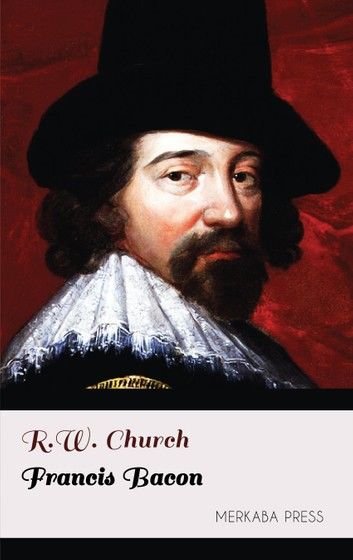The life of Francis Bacon is one which it is a pain to write or to read. It is the life of a man endowed with as rare a combination of noble gifts as ever was bestowed on a human intellect; the life of one with whom the whole purpose of living and of every day's work was to do great things to enlighten and elevate his race, to enrich it with new powers, to lay up in store for all ages to come a source of blessings which should never fail or dry up; it was the life of a man who had high thoughts of the ends and methods of law and government, and with whom the general and public good was regarded as the standard by which the use of public power was to be measured; the life of a man who had struggled hard and successfully for the material prosperity and opulence which makes work easy and gives a man room and force for carrying out his purposes. All his life long his first and never-sleeping passion was the romantic and splendid ambition after knowledge, for the conquest of nature and for the service of man; gathering up in himself the spirit and longings and efforts of all discoverers and inventors of the arts, as they are symbolised in the mythical Prometheus. He rose to the highest place and honour; and yet that place and honour were but the fringe and adornment of all that made him great. It is difficult to imagine a grander and more magnificent career; and his name ranks among the few chosen examples of human achievement. And yet it was not only an unhappy life; it was a poor life. We expect that such an overwhelming weight of glory should be borne up by a character corresponding to it in strength and nobleness. But that is not what we find. No one ever had a greater idea of what he was made for, or was fired with a greater desire to devote himself to it. He was all this. And yet being all this, seeing deep into man's worth, his capacities, his greatness, his weakness, his sins, he was not true to what he knew. He cringed to such a man as Buckingham. He sold himself to the corrupt and ignominious Government of James I. He was willing to be employed to hunt to death a friend like Essex, guilty, deeply guilty, to the State, but to Bacon the most loving and generous of benefactors. With his eyes open he gave himself up without resistance to a system unworthy of him; he would not see what was evil in it, and chose to call its evil good; and he was its first and most signal victim.











